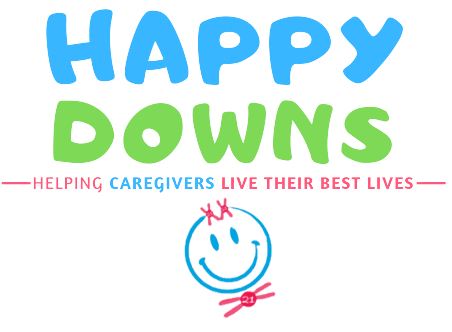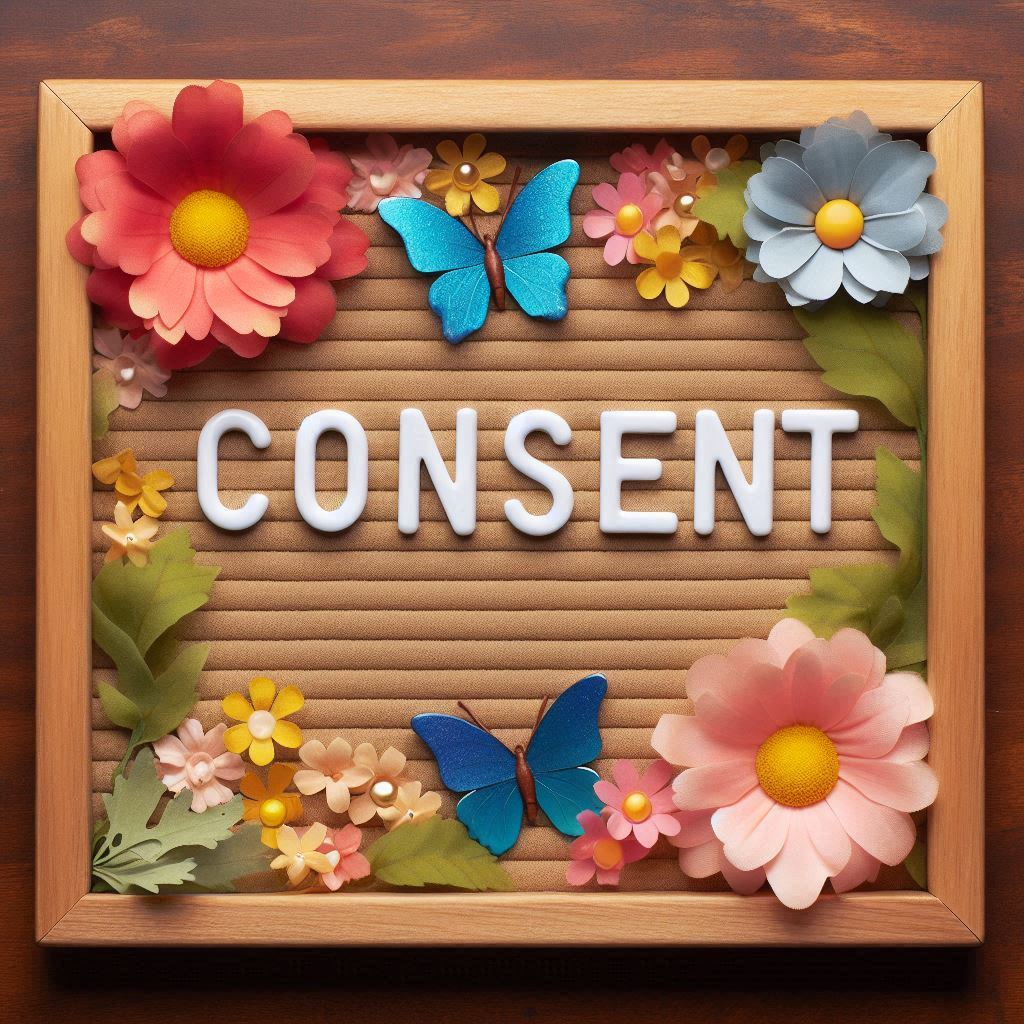World Down Syndrome Day 2020 – “We Decide”. All people with Down Syndrome should have full participation in decision making about matters relating to or affecting their lives.
Okay, so I’m just gonna be honest. When I heard this year’s WDS theme, I gave it quite the side eye:
I think it’s the “full participation” part that threw me, as I am on the fence as to how I feel about my adult sister making decisions about money, medical issues and starting a family.
I find myself pondering if I would really be okay with my sister:
- Deciding to have a child
- Deciding to spend her money however she chooses, which may mean no bills are ever paid
- Deciding to refuse a medical procedure that will save her life.
I. JUST. DON’T. KNOW.
It’s her life…yes. But shouldn’t there be some kind of line drawn to say “Well, at this point, your family has to step in and offer guidance…maybe even say no.”
Why? Well, the truth is, with intellectual disabilities, come challenges with understanding some concepts. Thus, if you don’t understand, then on what basis are you making your decision? Am I saying that caregivers should just automatically assume that their loved one with DS cannot understand? No, that is not what I am saying.
Picture This – Scenario 1
What should I do if I do my best and get help from various professionals to explain to my sister what is required to be a mom and raise children. After all efforts were made, my sister understands that being a mom will be hard, but decides that is a challenge she is willing to accept.
Now, I know that the responsibility for this child will fall on me. What the heck do I do? What can be done?
Or, Picture This – Scenario 2
What if I teach her about budgeting and she understands that she has bills and they are to be paid, but she struggles with impulse control and tends to overspend on food or gadgets. It is her money. So what do I do about the unpaid bills? What is the recourse here?
Thin Line Between Treating Her Like An Adult & Treating Her Like A Child
As a caregiver, you spend your time trying your best to ensure that your loved one is safe and taken care of, as best as possible. How do we as caregivers find that balance where we allow our loved ones to be adults, whilst empowering them to make smart decisions?
Met with this conundrum, I thought to myself, what if my sister did not have a disability and was making decisions that I thought were less than smart. Well, the truth is, I would have to allow her to make her choices and learn from her mistakes, all the while, providing whatever help I could.
I think the mistake I am making is believing that because my sister has DS, I am going to create this perfect world for her where I engineer all things to go well, but the truth is life is not perfect. Everybody makes choices, some are good and some are terrible. Like myself, my sister will have to “make her bed and lay in it”. She has to live and living includes bad moments, bad decisions, rough times. I can’t “save” her from that. I can’t “save” her from LIFE.
She does have to learn to make smart choices and that starts by her actually making choices for her life. My role is to do what I can to ensure that she is properly supported so that she can understand the choices that she makes and the consequences of such.
Take A Breath
Caregivers, we are here to support, but at the same time, aim to provide an environment where the highest level of independence can be achieved. As hard as it may be for us to remember that our loved ones are indeed adults, let us try and respect the fact that they are and accommodate their participation as much as possible.





